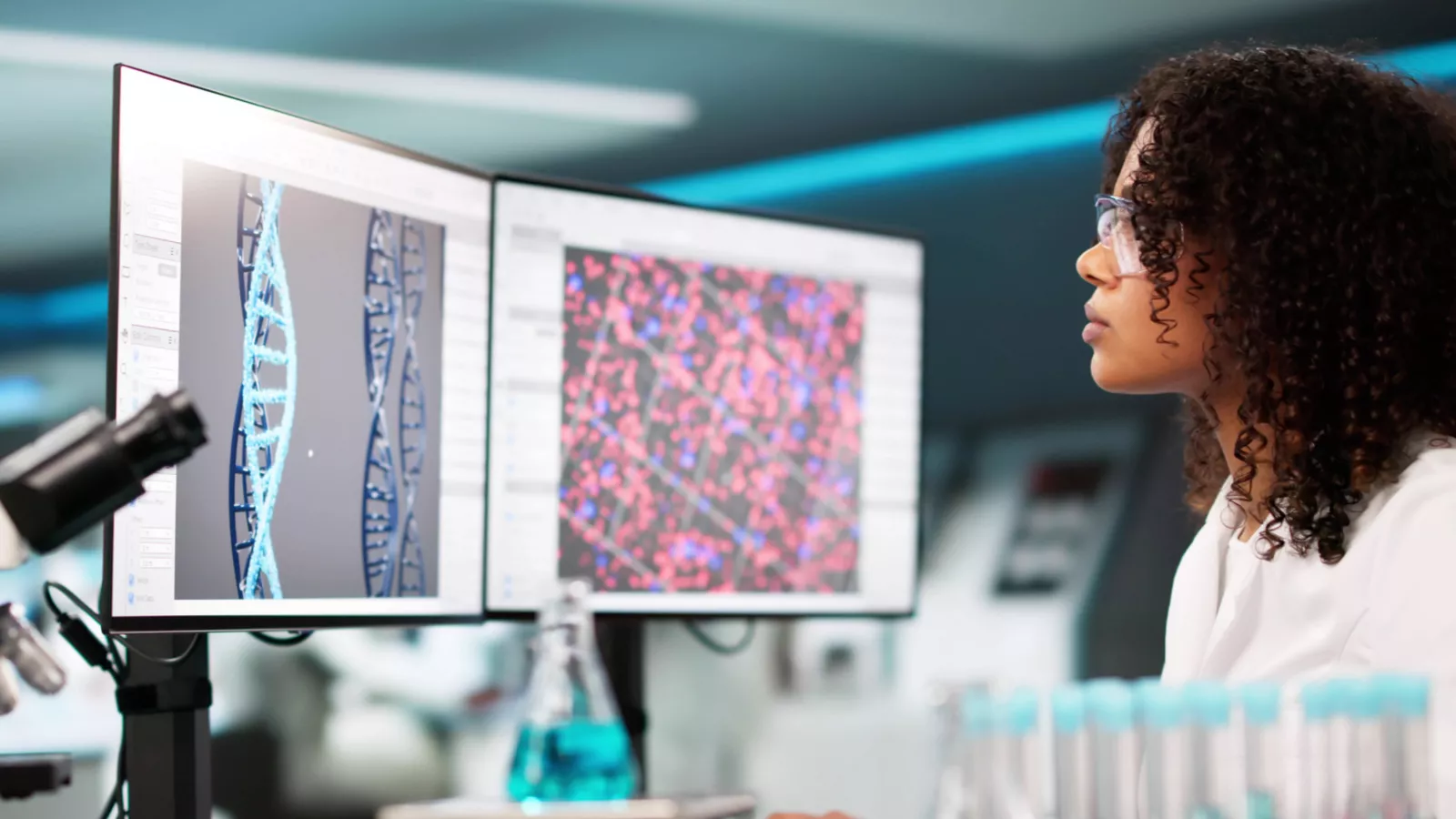Scientists Say Human DNA Holds Clues from Hibernating Animals
Two new studies from the University of Utah suggest that humans have hidden DNA switches, like those found in hibernating animals. These DNA regions could help treat serious illnesses like type 2 diabetes and Alzheimer’s disease.
The research, published in Science, focused on special areas of DNA found in animals that hibernate during cold months. These areas aren’t genes themselves. Instead, they act more like switches that turn nearby genes on or off, depending on what the body needs. Scientists looked closely at these switches near a well-known part of human DNA linked to obesity called the FTO locus. In hibernating animals, these switches help the body store fat but stay healthy, something that could be useful for people too.
What the Research Shows

The scientists didn’t just guess. They ran tests on mice by changing one of these DNA switches. The result? The mice showed big changes in body weight, metabolism, and how quickly they recovered after a hibernation-like sleep.
Susan Steinwand, a scientist on the study, said that changing one small DNA switch led to hundreds of other genes reacting differently. She called it “pretty amazing” and said the change worked like a ripple effect across the mouse’s body.
The team figured out which DNA parts mattered by comparing the genes of animals that hibernate with those that don’t. They found that these changes were built into nature for over 100 million years. Elliott Ferris, another lead researcher, said the most important changes were found only in animals that hibernate.
What This Could Mean for Humans

The idea is not to make humans hibernate. Instead, it’s about using these same built-in tools to help people stay healthier.
Scientists think that hibernating animals have fewer limits on how their bodies use energy. This gives them more flexibility to rest, store energy, and protect the brain. On the other hand, human bodies are always “on,” using energy all the time. That may be why some diseases, like diabetes or Alzheimer’s, get worse with age and poor metabolism.
Chris Gregg, one of the study leaders, believes that humans already have the needed DNA. What we need now is to figure out how to switch it on when needed. Gregg also co-founded a company called Primordial AI, which uses artificial intelligence to design new drugs. These drugs aim to copy the effects of hibernation without putting someone to sleep for months.
Personal Analysis
This research offers a different way of thinking about how the human body might treat its own illnesses. Instead of adding new drugs or replacing damaged parts, scientists are looking at what the body already has, and just trying to use it in new ways.
It’s still early, but the idea that ancient DNA switches could help us handle modern diseases is interesting. If the human body already holds the tools to better protect the brain or control blood sugar, the job now is to learn how to use those tools the right way.
Many people with Alzheimer’s or diabetes are looking for safer and more natural treatments. If these gene switches can really help without major side effects, it could change how we think about health and aging. Of course, more testing is needed before any real treatments can come out of this. But the direction looks hopeful.
Sources: Technology Networks

